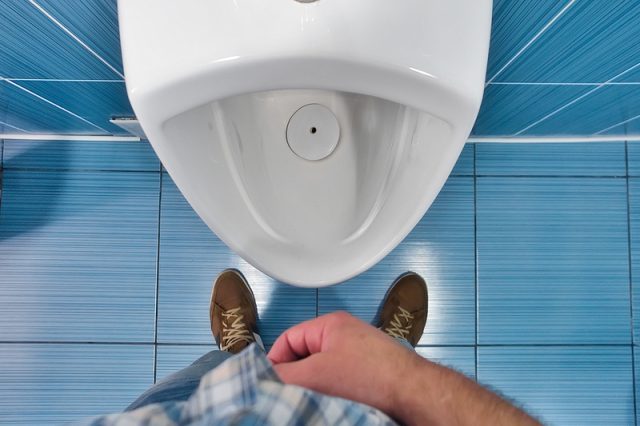
When it comes to understanding our health, sometimes the answers lie in the most unexpected places. Your pee can provide a wealth of information about what’s happening inside your body. Here’s a detailed look at what your urine might be trying to tell you.
1. The Importance of Monitoring Your Pee
Your urine is more than just waste; it’s a key indicator of your overall health. By paying attention to its color, odor, and frequency, you can catch early signs of potential health issues. Healthy urine is typically a pale yellow and clear, reflecting good hydration and balanced bodily functions.
2. Odor Clues: More Than Just What You Ate
Certain foods, like asparagus or coffee, can give urine a strong odor. But if you notice a persistent, unusual smell, it could be a sign of an underlying issue.
- Strong or Unusual Smells: A sweet or fruity smell might suggest diabetes, while a strong, ammonia-like odor could point to dehydration or a urinary tract infection (UTI).
3. Painful Peeing: When to Seek Help
Experiencing pain while urinating is a clear signal that something might be wrong.
- Common Causes: Painful urination can result from infections, inflammation, or even sexually transmitted infections (STIs).
- When Pain Indicates a Need for Medical Attention: If you experience burning, stinging, or significant discomfort, it’s crucial to seek medical evaluation to rule out serious conditions like UTIs or kidney stones.
4. Frequency and Urgency: The Body’s Signals
The frequency of your urination can tell a lot about your hydration status and bladder health.
- Normal Urine Frequency: Most healthy adults urinate about six to eight times a day.
- When Frequent Urination Might Be a Concern: If you find yourself running to the bathroom more often, it could be due to high fluid intake, caffeine, or alcohol. However, frequent urination can also signal conditions like diabetes or UTIs.
- The Significance of Sudden Urges: Sudden, intense urges to pee might indicate overactive bladder syndrome or infections. If this happens regularly, consult a doctor.
5. Foamy Urine: What It Could Indicate
Occasionally, you might notice your urine looks foamy. This can happen if you pee quickly or forcefully.
- When Foamy Urine Is Normal: It’s usually harmless and caused by the force of urination.
- Potential Health Concerns: Persistent foaminess could be a sign of protein in the urine, which might indicate kidney disease. If this continues, seek medical advice.
3. Color Variations and What They Mean
- Clear or Light Yellow: This usually means you’re well-hydrated, which is great! Keep drinking water and maintaining this healthy habit.
- Dark Yellow to Amber: A darker hue might indicate dehydration. Try to increase your water intake and monitor if the color lightens.
- Red or Pink: This can be alarming as it may indicate the presence of blood. Possible causes include infections, kidney stones, or even more serious conditions like tumors. It’s essential to consult a healthcare provider if you notice this.
- Other Unusual Colors: Foods like beets or medications can change the color of your urine. However, if you see colors like blue, green, or deep brown, it’s best to seek medical advice as these could signal rare medical conditions.

6. Cloudy or Murky Urine: Causes to Consider
Sometimes urine can appear cloudy, which is usually harmless.
- Common Benign Reasons: This can result from dietary changes or mild dehydration.
- Signs of Infections or Other Health Issues: Persistent cloudiness can be a symptom of infections, such as UTIs, or other conditions like kidney stones. If cloudiness is accompanied by a foul smell or discomfort, see a doctor.
In conclusion, paying attention to your pee can provide significant insights into your health. By monitoring its color, odor, and other characteristics, you can catch early signs of potential issues and take action to address them. Remember, if you notice persistent changes or anything unusual, it’s always best to consult a healthcare professional. Your body has ways of telling you when something is wrong, and your pee is one of its most straightforward messengers.














